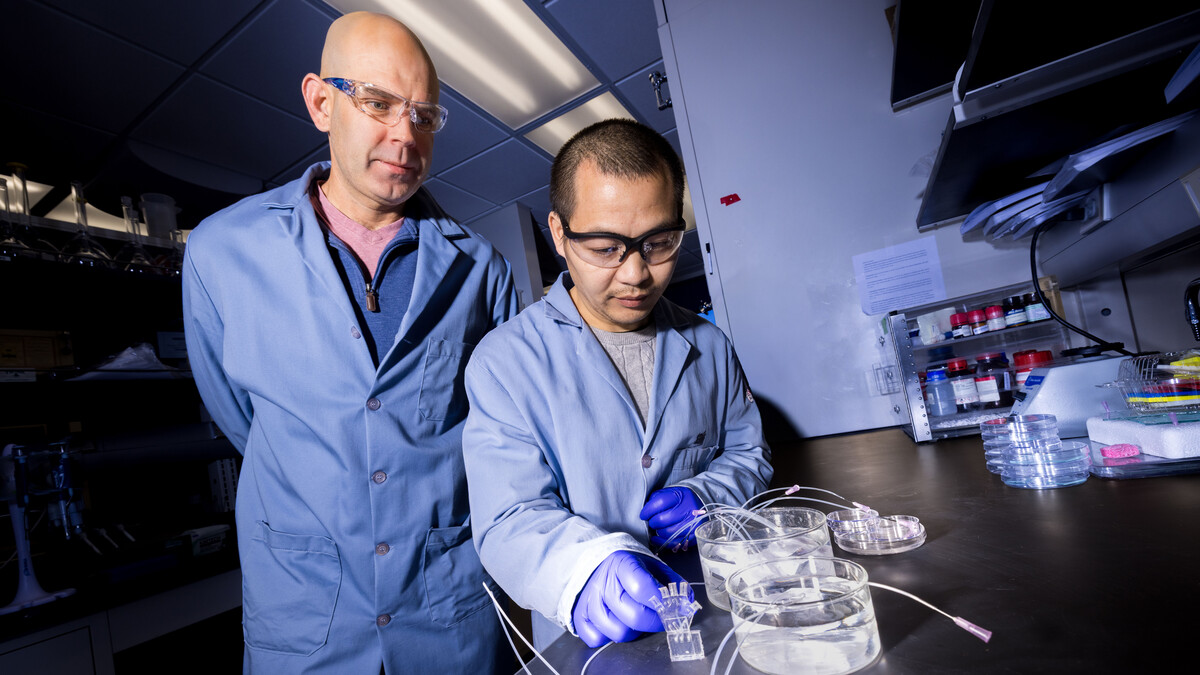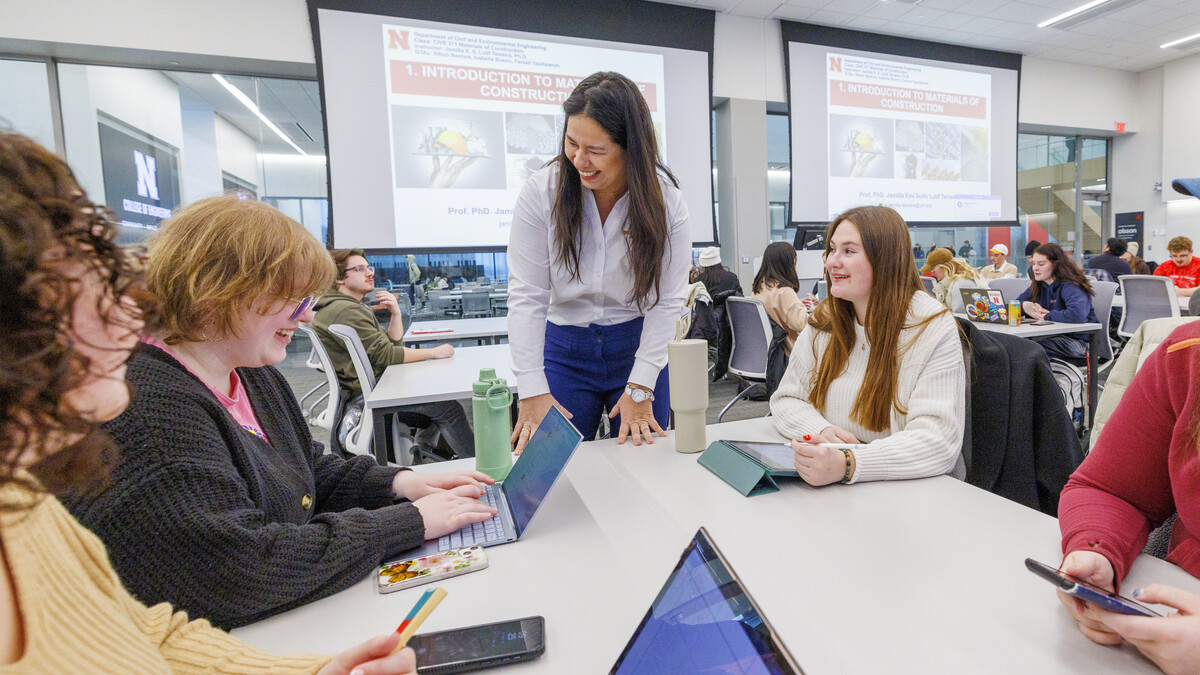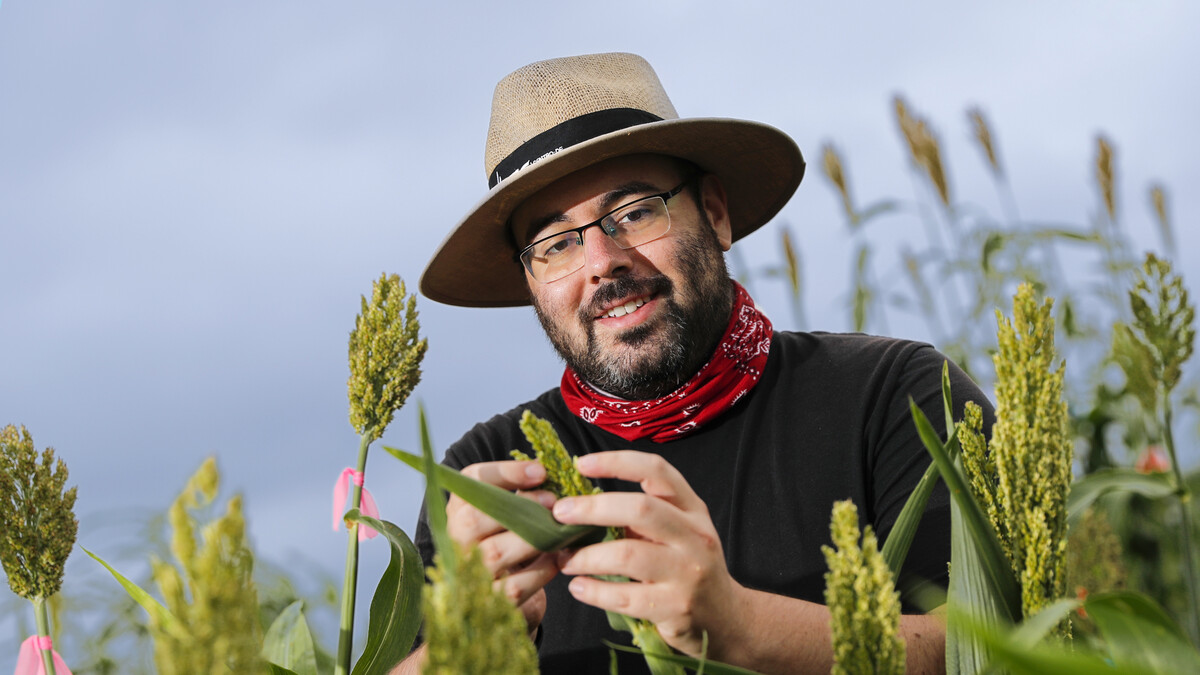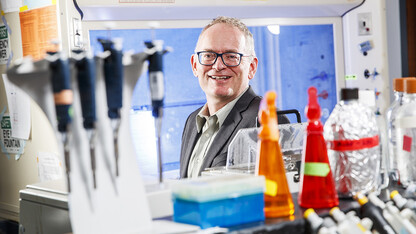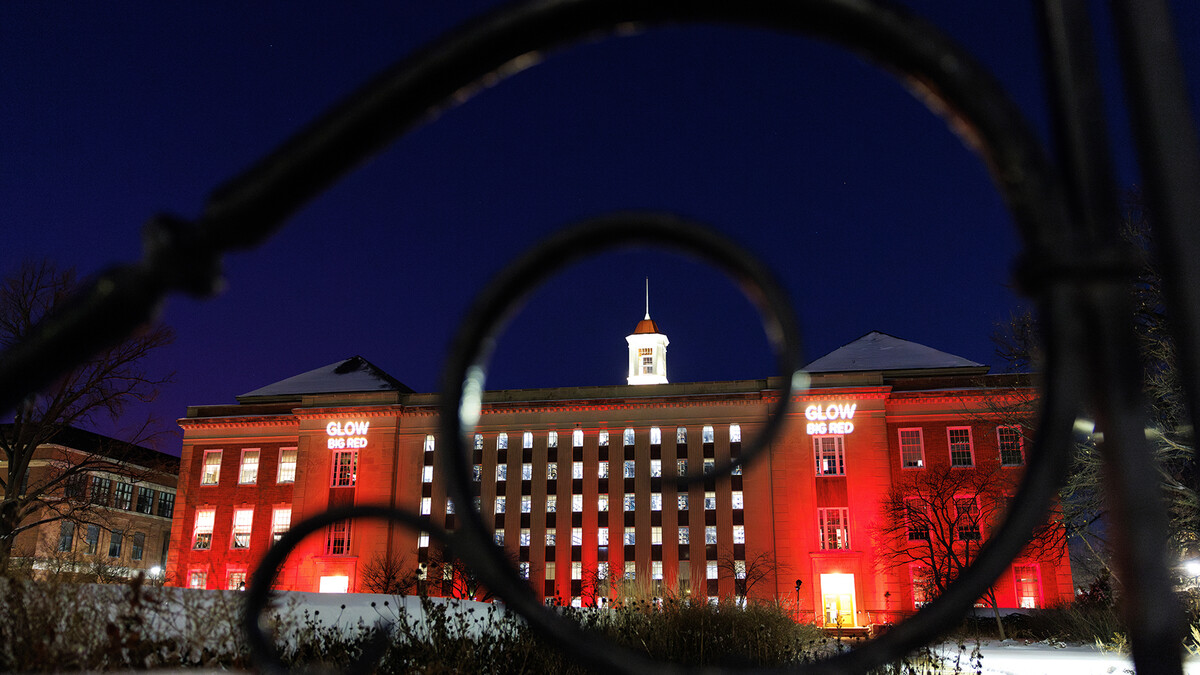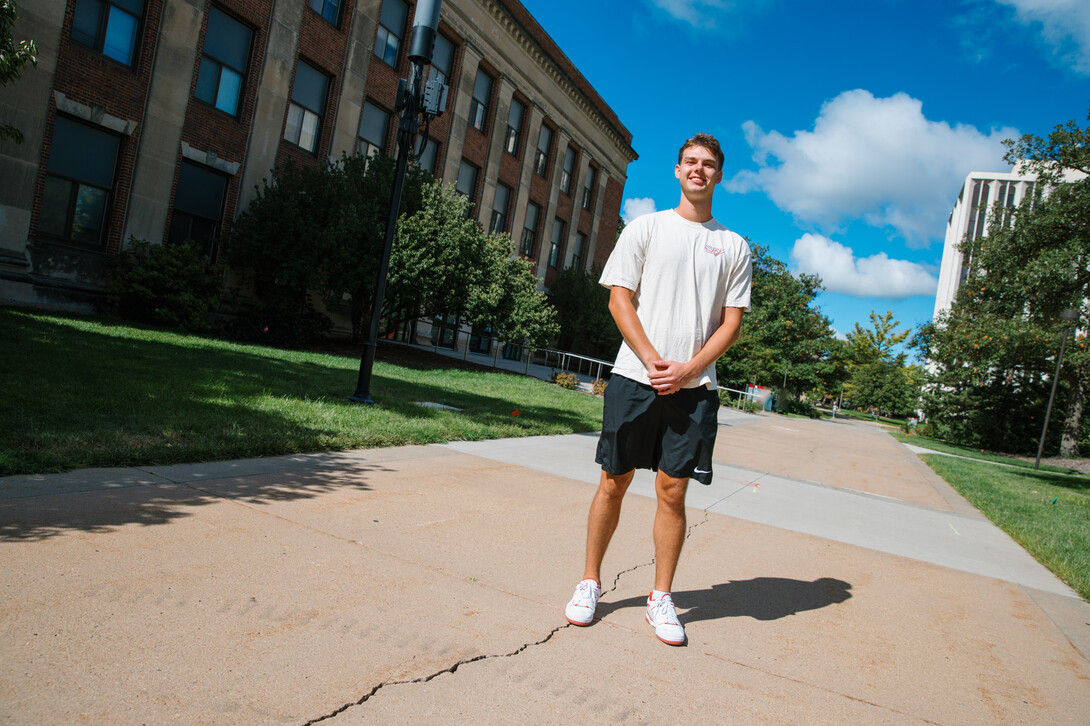
Most aspire to make a difference. For James Jura, the decision to become a peer educator with the Center for Advocacy, Response and Education — the University of Nebraska–Lincoln’s free, confidential, supportive resource for survivors of sexual violence, relationship abuse, stalking and sexual harassment that includes trauma therapists — came after he saw an exhibit brought to campus by CARE.
“I took a trip with my fraternity to the ‘What Were You Wearing?’ exhibit, which recreates outfits that survivors were wearing,” Jura said. “It was really powerful. Seeing it up close really personalized the issue. Shortly after, I learned that CARE was hiring.”
Now, Jura and other CARE peer educators are working to inform and empower students — particularly first-year students — to prevent sexual assault and interpersonal violence through new workshops.
The peer educators help to raise awareness and provide crucial information on interpersonal violence-related resources for Huskers through peer-to-peer discussions.
“We give SARV talks — that’s sexual assault and relationship violence — to first-year students around campus, going to dorms and Greek houses. It’s all about getting these hard conversations going and demystifying these subjects,” he said.
While serious, James insists these aren’t boring presentations — they’re conversations meant to engage everyone.
“There’s no PowerPoint, or anything like that,” he said.
All first-year students will attend a SARV workshop run by CARE peer educators. The program helps Huskers understand sexual and relationship violence, learn about the university’s support services and gain skills to safely intervene through bystander intervention training.
“It’s about educating students on ways to identify unhealthy behaviors and stop interpersonal violence,” Jura said. “We’re focusing on getting the word out early in the semester, which is the time of year when the most interpersonal violence occurs.”
Jura and CARE staff hope these workshops foster a shared responsibility for creating a safer campus community.
“One person who’s had this training can impact a whole room of people and put a stop to unhealthy behaviors,” he said.
CARE for more information and 24-hour emergency services.



